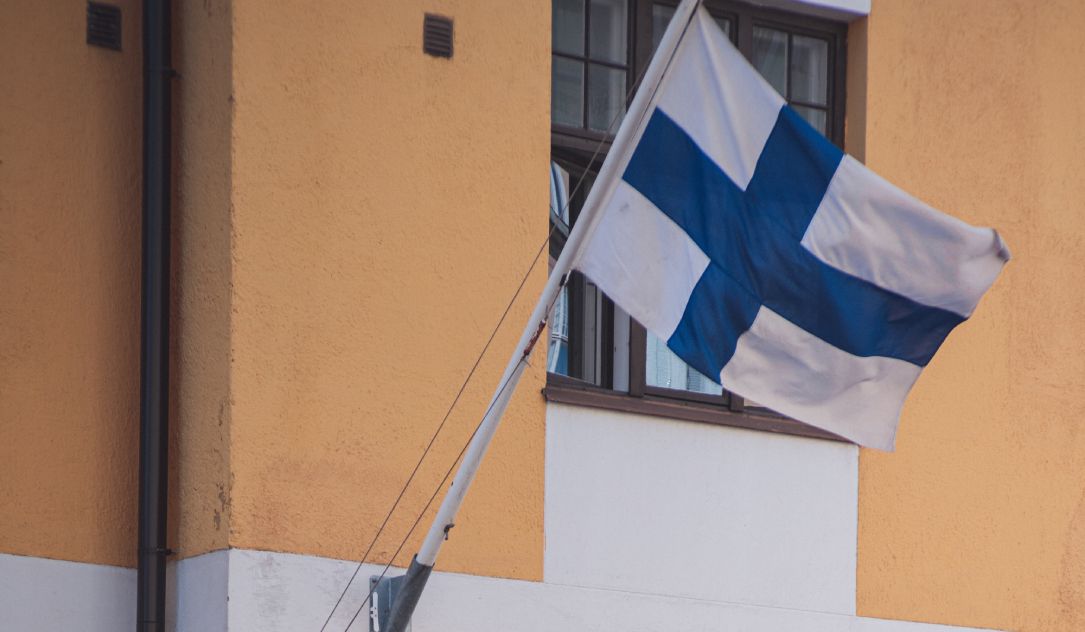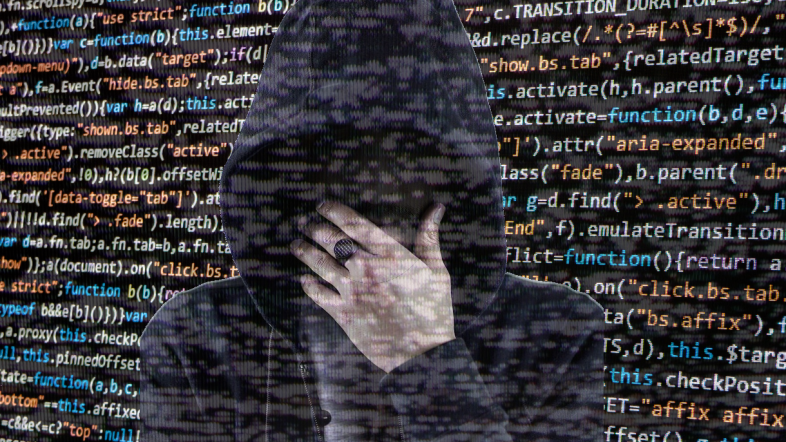Finland sees fourfold spike in ransomware attacks since joining NATO, senior cyber official says
Ransomware attacks targeting Finnish organizations have increased four-fold since the Nordic country began the process of joining NATO last year, according to a senior official.
In an interview with Recorded Future News on Thursday, Sauli Pahlman, the deputy director general for Finland’s National Cyber Security Centre (NCSC), cautioned that “correlation doesn’t equal causality,” but said he believed the surge in cases was linked to geopolitics.
Finland, which had historically declared itself to be a non-aligned country – in part due to troubled relations with Russia, with whom it shares a 830-mile border – applied to join NATO following the invasion of Ukraine.
In June, the country expelled nine diplomats from the Russian embassy in Helsinki and accused them of undertaking intelligence missions in contravention of the Vienna convention on diplomatic relations.
The expulsion of alleged Russian intelligence officers throughout Europe prompted the head of Finnish Security Intelligence Service (SUPO) to warn last year that Russia would “turn to the cyber environment” for espionage due to challenges impacting its human intelligence work.
At the time, SUPO’s director Antti Pelttari said that the agency considered it “unlikely that any cyberattack will paralyze critical infrastructure [in Finland] in the near future.”
NCSC’s Pahlman echoed this position, telling Recorded Future News he didn’t “consider it very likely that we [will] really see a cyber incident in Finland that really closes down something that’s critical for society — food, electricity, water — on a wide scale.”
But the NCSC still issued a public alert last September, elevating the cyber threat level to encourage organizations and the public to be aware of the potential for disruptive incidents. The threat level “continues to be elevated as we speak, the situation hasn’t changed,” said Pahlman.
The number of cyber incidents which Pahlman said were clearly perpetrated by state-sponsored actors “has not, at least up to today, increased in a way that I could say that there has really been a step-up. [But] what we can certainly say is that the ransomware cases — which tend to have much…


